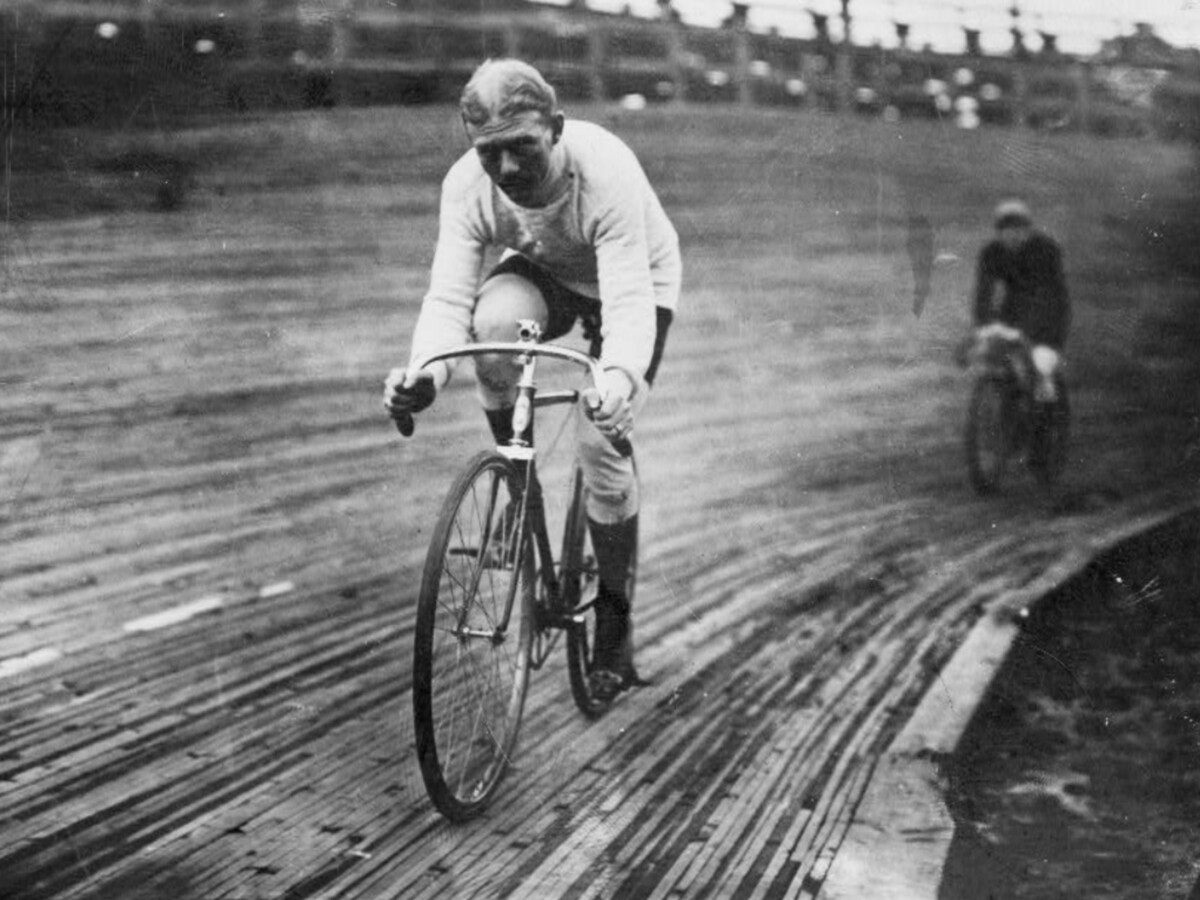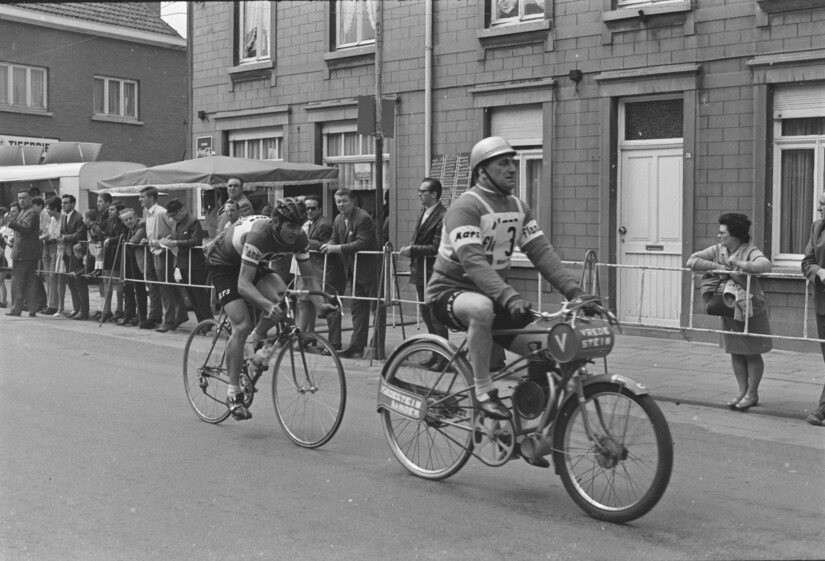Image


"If you don't know history, then you don't know anything. You are a leaf that doesn't know it is part of a tree."
These profound words by Michael Crichton resonate deeply in a time when an almost constant stream of major events like a worldwide pandemic and huge economic downturns every few years seems to wipe away the past in its wake.
With the twenty-four-hour news cycle spewing constant new stories, it is easy to forget about the forgotten stories that form the rich tapestry of the past.
Recently, my curiosity led me to search through old newspapers from Middle Georgia, in particular an online copy of the front page of The Macon Telegraph from July 1, 1904, for stories of forgotten history that might shed some light on our present day.
As I read the age-cracked pages, I discovered a snapshot of a bygone era. The front page stories told of events far outside of Georgia, such as when the prohibitionists were choosing presidential candidates, Silas C. Swallow for President and George W. Carroll of Texas for Vice-President, a political duo whose names were completely unknown to me.
However, it was a story from Atlanta that truly captured my imagination: "Bobby Walthour Seriously Injured." The sub-title painted a grimmer picture "Two Ribs, Arm and Collar Bone Broken, Caught in a 'Pocket' By His Contestants in a Race."
The article detailed the events of a twenty-mile motor-paced race featuring Bobby Walthour of Atlanta, Bennie Monroe of Memphis, and De Guichard of Paris, France.
The intensity and danger of motor-pacing, which is when riders would follow closely behind “pacers” on motorcycles, using drafting to help them increase their speeds up to around 50 miles per hour at times, was extremely dangerous.
 This photos shows Jean-Pierre Monseré motor-paced cycling in Brussels (Photograph courtesy of Wikimedia)
This photos shows Jean-Pierre Monseré motor-paced cycling in Brussels (Photograph courtesy of Wikimedia)While researching Bobby Walthour, I uncovered the story of a man born in 1878 in Atlanta. Starting as a sprinter, Walthour's went on to become a famous name in the world of cycling and saw him evolve into a well-paid "six-day rider."
According to Michael Nuebert in his online review of the book Life in the Slipstream: The Legend of Bobby Walthour Sr. by Andrew M. Homan, from 1900 to 1910 more than a dozen talented riders or drivers of the pacing motorcycles died in accidents.
Nuebert also details how, although the six-day races take place twenty-four hours a day for six day, the riders in six-day races didn’t actually bike for 24 hours as they were a team of two and took turns resting.
Regardless of there being two riders, these six-day races challenged riders to endure physically and mentally while covering vast distances over consecutive days.
There were once indoor and outdoor steeply banked wooden or cement racing tracks in cities like Jacksonville, Atlanta, Baltimore, New York City, and Boston.
Looking back at this historical event in 1909, we gain not only a glimpse into the dangerous challenges faced by athletes of the past but also a deeper understanding of the evolution of sports that at one time did not include many precautions to keep athletes safe from permanent injuries.
Bobby Walthour's story serves as a poignant reminder of the sacrifices and risks undertaken by pioneers in the world of cycling and other sports.
As we think about historical moments like these, we can more clearly see how we are more than just individual “leaves” and that we are integral parts of a broader “tree” and we are all connected by the experiences, triumphs, and tribulations of the past.
The story of Bobby Walthour and the six-day race in Atlanta that left him with multiple injuries is just one chapter in the vast narrative narrative. It is also a testament to the resilience and determination of athletes of yesteryear when their safety wasn’t as big of a concern as it is now.